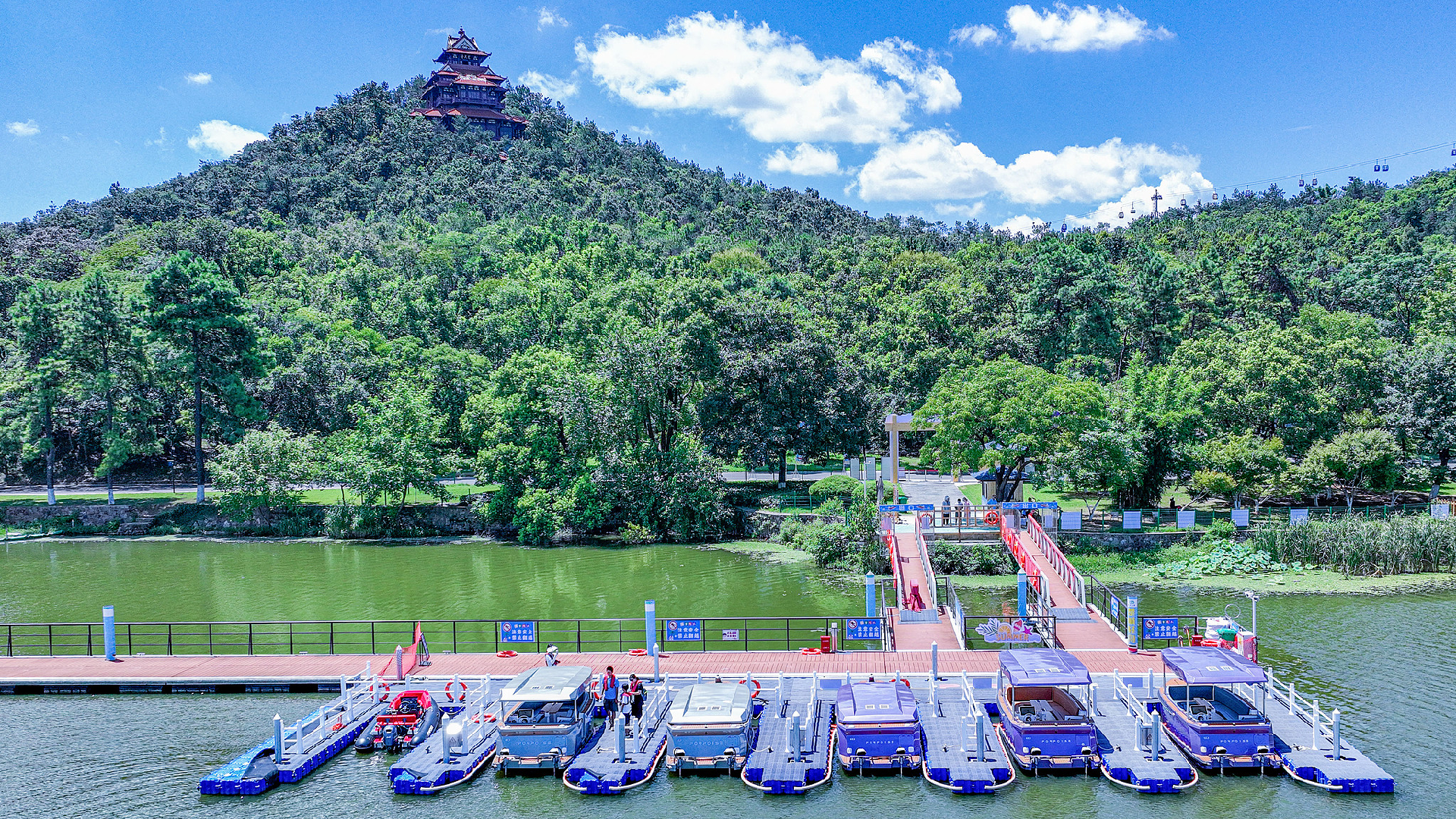Travel Smart: Chinese Tourists Embrace AI-Powered Guides for Seamless Adventures
China's major tourism platforms harness AI, launching province-specific services to revolutionize travel experiences nationwide.

China's tourism sector is undergoing a profound technological transformation as major travel platforms and local governments across the country rapidly deploy artificial intelligence (AI) to enhance visitor experiences. From customized itinerary planning to immersive cultural interactions, AI-powered tools are becoming increasingly accessible to travelers eager to streamline their journeys and discover new destinations in smarter ways.
On leading tourism platforms, users now need only enter simple instructions—such as “top attractions for three days in Shanghai” or “15-day nature-focused tour of Canada”—and receive tailored recommendations generated within minutes. The integration of advanced algorithms with real-time travel data means that itineraries, hotel bookings, and even culinary suggestions can be provided nearly instantly, greatly reducing traditional planning times.
According to Liang Jianzhang, chairman of Trip.com Group, their proprietary AI model delivers end-to-end intelligent services by filtering high-quality information and seamlessly combining it with dynamic data. “Currently, 80 percent of inquiries can be swiftly resolved by AI, reducing users’ decision-making time for a trip from approximately nine to 6.6 hours,” Liang noted, underlining the significant efficiency gains made possible through digital innovation. Industry experts nonetheless suggest cross-referencing at least two AI platforms to maximize planning accuracy and diversity of recommendations.
Seasoned traveler Sun Xiaolei, who spent 17 days on a self-drive journey in western Canada, evaluated various AI-generated route suggestions, noting that the recommendations overlapped with his personally curated plan by nearly 70 to 80 percent. While expressing cautious optimism, Sun awarded AI’s performance a “6 to 7 out of 10,” highlighting both the advancements and ongoing opportunities for refinement in automated travel guidance.
Recent months have also witnessed the debut of innovative AI tourism agents in provinces such as Guizhou and major metropolises like Shanghai. In Guizhou, a digital human character named Huang Xiao Xi—dressed in traditional ethnic garb—can assemble personalized tour plans within seconds and facilitate instant bookings for local cuisine, all through a single interface. First launched at a regional tech conference, Huang Xiao Xi exemplifies the province’s commitment to integrating smart solutions into every stage of the tourism process, from itinerary planning to on-the-ground assistance.
Shanghai’s Hu Xiao You system, developed by municipal tourism authorities, takes a holistic approach by connecting travelers with real-time information about businesses, scenic spot popularity, public transit, and amenities such as restrooms. Zhong Xiaomin, director of the city’s culture and tourism administration, emphasized that, thanks to AI, “Shanghai’s tourism resources will more accurately anticipate and meet visitors’ personalized needs,” with the platform evolving through continuous user feedback.
Wearable AI guide devices have also gained prominence, particularly in museum settings. Visitors can now access private, intelligent commentary for a fraction of the cost of traditional human guides. Enhanced with emerging technologies like VR, AR, and 3D imaging, these tools allow users to engage interactively with exhibits—“conversing” with historical figures, virtually handling artifacts, and animating classic artworks into lifelike scenes.
Gan Chunhui, executive vice president of the Shanghai Academy of Social Sciences, observed that the embrace of new technology is rejuvenating China’s tourism industry rather than replacing its traditional elements. “Our goal is not to abandon established sectors, but to revitalize them with high-tech, locally adapted innovations,” Gan said. As a result, the industry is poised to benefit from greater informatization, networking, digitization, automation, and overall efficiency.
As China’s tourism landscape continues to evolve, the fusion of AI and immersive digital experiences appears set to redefine both the expectations and realities of travel for millions of domestic and international visitors alike.




